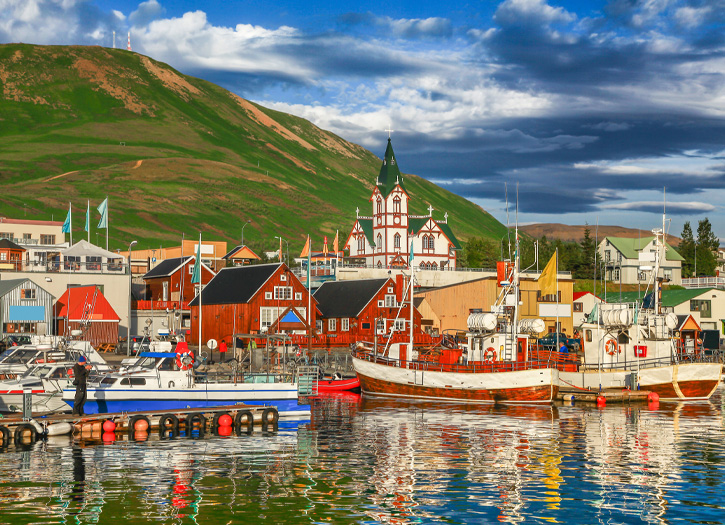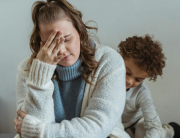The COVID-19 pandemic in Iceland is part of the worldwide pandemic of coronavirus disease 2019 (COVID-19) caused by severe acute respiratory syndrome coronavirus 2 (SARS-CoV-2). The virus was confirmed to have reached Iceland in February 2020. As of 17 September 2020, the total number of cases registered was 2,230, of which 2,112 had recovered and 10 deaths had occurred.
On 1 March, a second and a third case were confirmed, an Icelandic male in his fifties who had returned home on 29 February from Verona, and a female in her fifties who had returned home from Italy via Munich. On 3 March, in an official press report, sanctions were announced for those who would break the quarantine, which includes up to three months in prison, as it is considered an intentional contagion of the virus. On 8 March, the total amount of infected rose to 58, a total of 10 of which are cases of local transmission.
On 15 March, it was reported that three COVID-19 patients in Iceland were now in hospital, one in intensive care, and a health clinic in the capital city area (in Mosfellsbær) has been closed after an employee tested positive for COVID-19. A total of 171 cases have been confirmed, a majority of which can be traced to ski areas in the Alps. Chief Epidemiologist Þórólfur Guðnason stated that half of all persons in Iceland who have tested positive for COVID-19 were already self-quarantining (after either returning home from international travel or having been in contact with an infected person), suggesting that measures to control the outbreak through quarantine and isolation in Iceland have been effective so far.
The response to the pandemic by Icelandic health authorities has focused on early detection and contact tracing and social distancing measures such as a ban on assemblies of more than 20 persons. As a member of the Schengen area, Iceland is restricting unnecessary travel by persons who are not citizens of the EU, the United Kingdom or the EFTA countries into the area but has not made other formal restrictions against international or domestic travel.On 24 January, the Directorate of Health announced preventive measures to curb the spread of SARS-CoV-2.
As of 16 March, no official social distancing measures or limitations or bans on public gatherings are in effect. However, organisers cancelled or postponed a number of upcoming events, including the annual conference of the School of Humanities of the University of Iceland, Hugvísindaþing, which was set to have taken place on 13 and 14 March.At a press conference on 13 March, it was announced that public gatherings of more than 100 would be banned and universities and secondaries schools closed for four weeks.
On 16 March, the supermarket chain Samkaup announced that 27 grocery shops throughout Iceland would have special shopping times for vulnerable members of the public, including the elderly and those with chronic and underlying illnesses. Beginning 17 March, select Nettó and Kjörbúðin locations would reserve the hour from 9 to 10 a.m. for those shoppers at greatest risk of severe complications should they contract COVID-19.As of 18 March, the whole world is defined as a high risk area. All travel abroad is discouraged and residents in Iceland who are currently abroad are encouraged to return home as soon as possible. Residents in Iceland who arrive from abroad will now go into quarantine.
On 21 March, a stricter ban on public assemblies was put in place in Vestmannaeyjar. Assemblies there with more than 10 persons would now be prohibited.A still stricter ban was announced for the Húnaþing vestra district, where all inhabitants have been ordered to stay at home except to buy necessities.From 00:00 on 24 March, a nation-wide ban on public assemblies over 20 took effect. All swimming pools, museums, libraries and bars closed, as did any businesses requiring a proximity of less than 2 m (hairdressers, tattoo artists, etc.). Icelandic health officials have used voluntary home-based quarantines for all residents returning from defined high-risk areas and virus testing as the primary means of preventing transmission within the community.







Add Comment